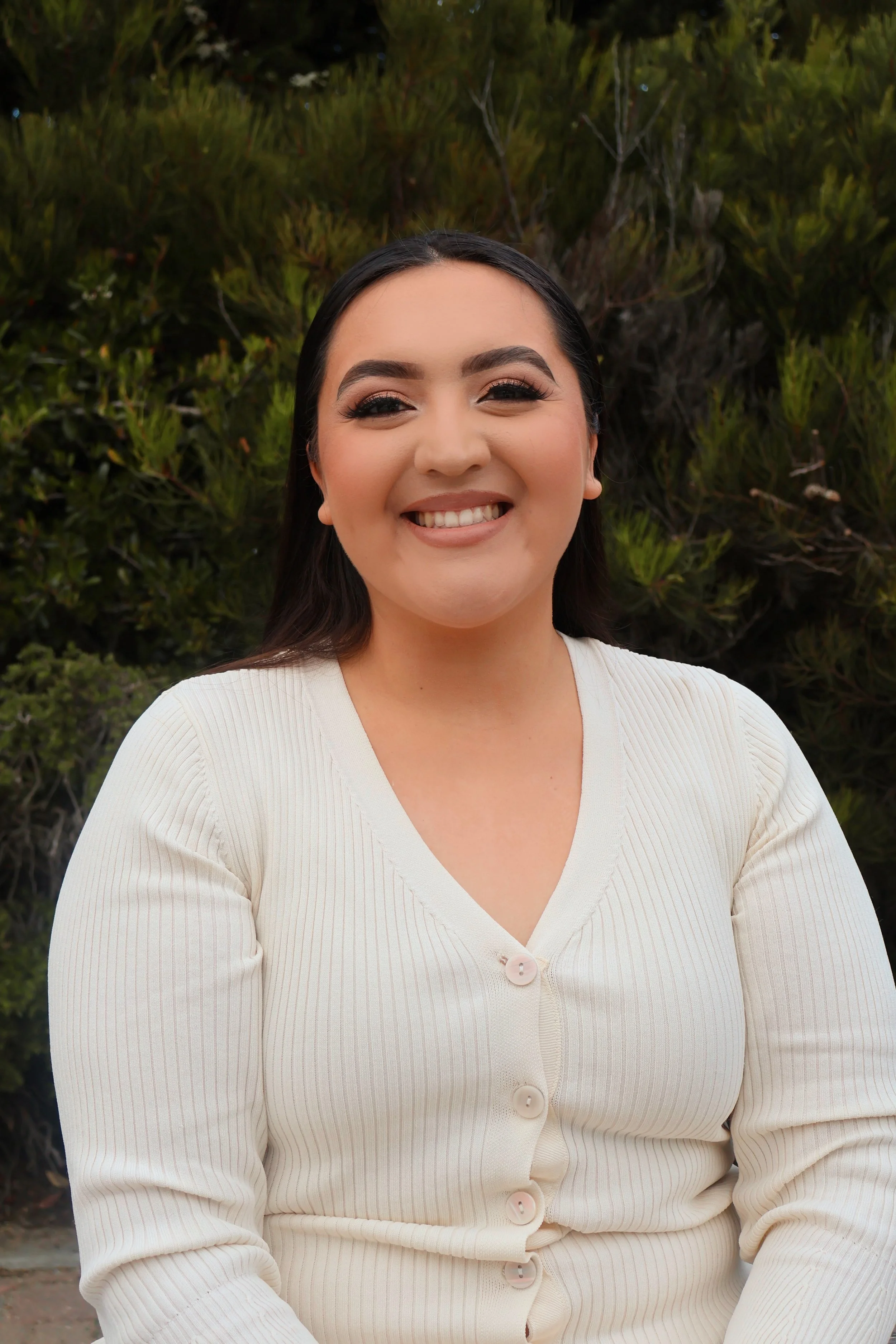Therapy For Children
WHO IS THIS FOR?
Counseling services are not just for broken people, and there is nothing wrong with your child if you’ve been led here through a frantic search after (another) difficult or confusing day with your kids. Being a human is hard, and sometimes we all need a little support in navigating it in a healthy manner.
It’s a magical time to become a parent and watch these small beings blossom into full-blown people, but like all growth, it can be messy. When the reality of growing up feels heavy or your child requires additional support in expressing or processing their emotions, we are here to help. No matter if your family is navigating trauma, growth, angst, or behavioral concerns, there is healing to be found and we have the tools you need to do exactly that.
The world within
Even as children, we spend a remarkable amount of time with ourselves. The tone we use and the words we speak to ourselves can shape much of our realities. In even the littlest among us, those inner voices may be difficult to distinguish and balance with the voices of our loved ones and the truths they speak.
If your child is struggling with their inner critic by way of anxiety, depression, or thoughts of ruthless internal judgment, help them create the space now to combat those struggles and support a secure relationship within themselves.
The world ahead
Anxiety about the what ifs of the future can begin quite early. On scales of a local (in their own lives) or global (the world, universe, life at large) nature, worrying about the future can feel overwhelming to little minds that hold infinite possibility.
Regulating those possibilities may feel difficult. Whether your child is experiencing fear about the potential outcomes of life, or just existential questions that consume their thoughts, we can support their curiosity in a balanced and emotionally aware way- and teach them to do the same.
The world around
We learn early that sometimes things don’t happen for us, but can happen to us. If there is change or trauma in your child’s world, they deserve the supportive care to work through that.
Receiving that care from a professional in a safe space where the emotions of others become an accessory instead of an addition can help your child to process their own emotions about the things they’re experiencing but cannot control. We would be honored to make that space to question and understand them so that healing and growing can take place.
There is more to therapy than talking
Children do not always have the language to express the difficult things they’re feeling. That’s not a shortcoming, but it can feel like one. Whether your child is experiencing growing pains, uncertainty or more powerful trauma, feeling capable of expression is just as important as feeling heard.
Parents are doing their best to understand their children, but doing so through the lens of adulthood does not accurately convey the experience of childhood. For that reason, the supportive approach in caring for and communicating with children in counseling doesn’t look like adult models.
We spend less time having hard conversations, and more time developing tools and strategies through more familiar routes like play and engagement. Our approach is tailored to your child’s needs upon our first meeting and will continue to evolve as they do.
Experiences we can help with:
Bullying
If your child is being bullied or has been the instigator of bullying, supportive engagement and space to work through the emotions of those harmful interactions is critical to Healthy peer engagement.
Grief
Loss is unavoidable in life, but for children, it can be unfathomably difficult to suddenly re-calibrate the shape and spaces in their lives. No matter the loss, or the questions it brings up, supportive grief therapy is valuable at any age.
Behavior
When children can’t find the words for what they’re feeling, they often express them more physically. To help redirect behaviors that are damaging or dangerous, we will help them express those emotions in new ways.
Trauma
Experiencing profound fear in life-altering ways at a young age can shape every experience and stage beyond it. While we can’t always recover the life a child had before trauma, we can give them an honest safe space to work through what they’ve been through in their time.
Emotional Regulation
Perhaps your child is feeling big feelings they don’t know how to express, or feeling lots of small feelings that become overwhelming. Together we can work through accepting, processing, and understanding those emotions in healthy and sustainable ways.
Children feel the same things, differently.
There is no free pass on experiencing the more difficult aspects of life, even for children. While we all hope for childhood to be sunshine soaked and glowing memories to return to for a lifetime, that just isn’t the case for everyone- and even when it is, it doesn’t negate the spectrum of emotions children feel.
Feeling is difficult, and feeling adult feelings with a child’s heart is a complex state of being. There is opportunity in childhood, while the mind is malleable, for rewiring damaging coping mechanisms and turning them into healthy responses.
Making space for your child to normalize their emotions in spaces that emphasize their mental health as a part of their overall health is an empowering way to support a lifelong relationship with their feelings.
FREQUENTLY ASKED QUESTIONS
Will you tell me what you discuss?
If they are ever at risk of harm or in immediate danger, we are mandated reporters to share that information. Beyond that, the trust necessary to build a therapeutic relationship (even with little ones) is dependent upon the ability to share freely, without fear that it’s going to get back to mom or dad.
While we won’t share anything without their consent, we will make every effort to involve you in the conversation around supportive environments to cultivate continuity in your child’s mental healthcare.
How do you decide how to treat my child?
Children are specially equipped to respond to a variety of therapeutic tools and techniques. As we work together to understand where they’re at and how we can help, we will move through our expert range of possibilities to ensure your child is receiving the most specialized care we can provide in order to get the greatest benefit.
This may be a combination of any number of things like talk therapy, play therapy, exposure therapy or family-focused therapy.
Can children really struggle with mental health?
Without a doubt. Many struggles with mental health begin in childhood. After all, worries and sensitivity to the opinions of those around us do not wait until adulthood to creep into our psyche.
Children can experience symptoms of ADHD, eating disorders, anxiety, anger, and depression just as intensely as other age groups, but they are much less likely to receive treatment.
What makes mental health important in childhood?
Mental health is a critical part of overall health. When children don’t feel mentally safe in their own thoughts and feelings, they may struggle with any number of other symptoms. How well they sleep, how they feel physically and how they engage with their peers may all be influenced by their mental health. Instances of bullying, being bullied and disengagement with peers have also been linked to mental health difficulties in children.
Childhood is a tricky business.
-Maurice Sendak











